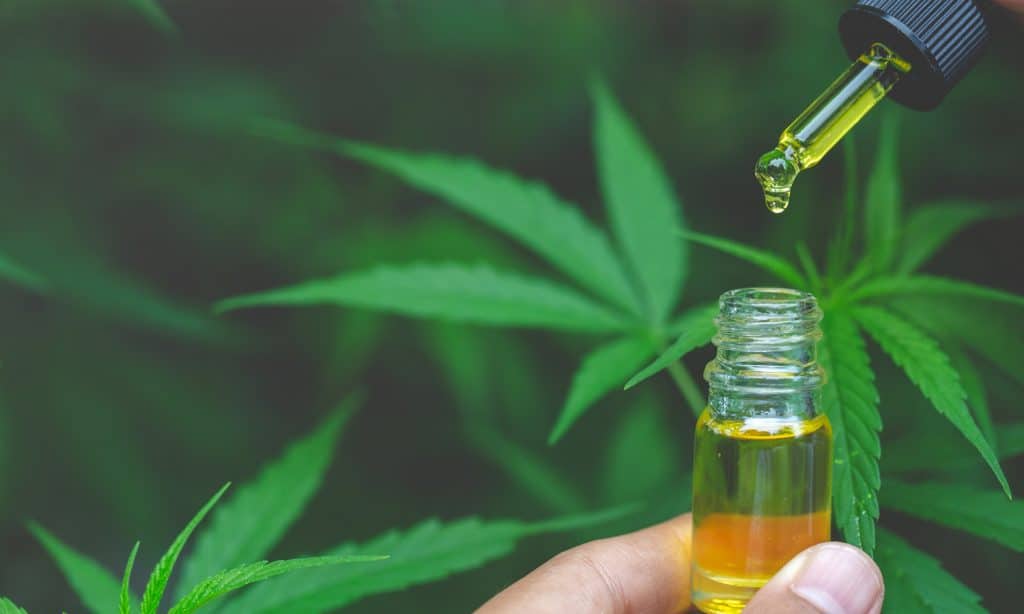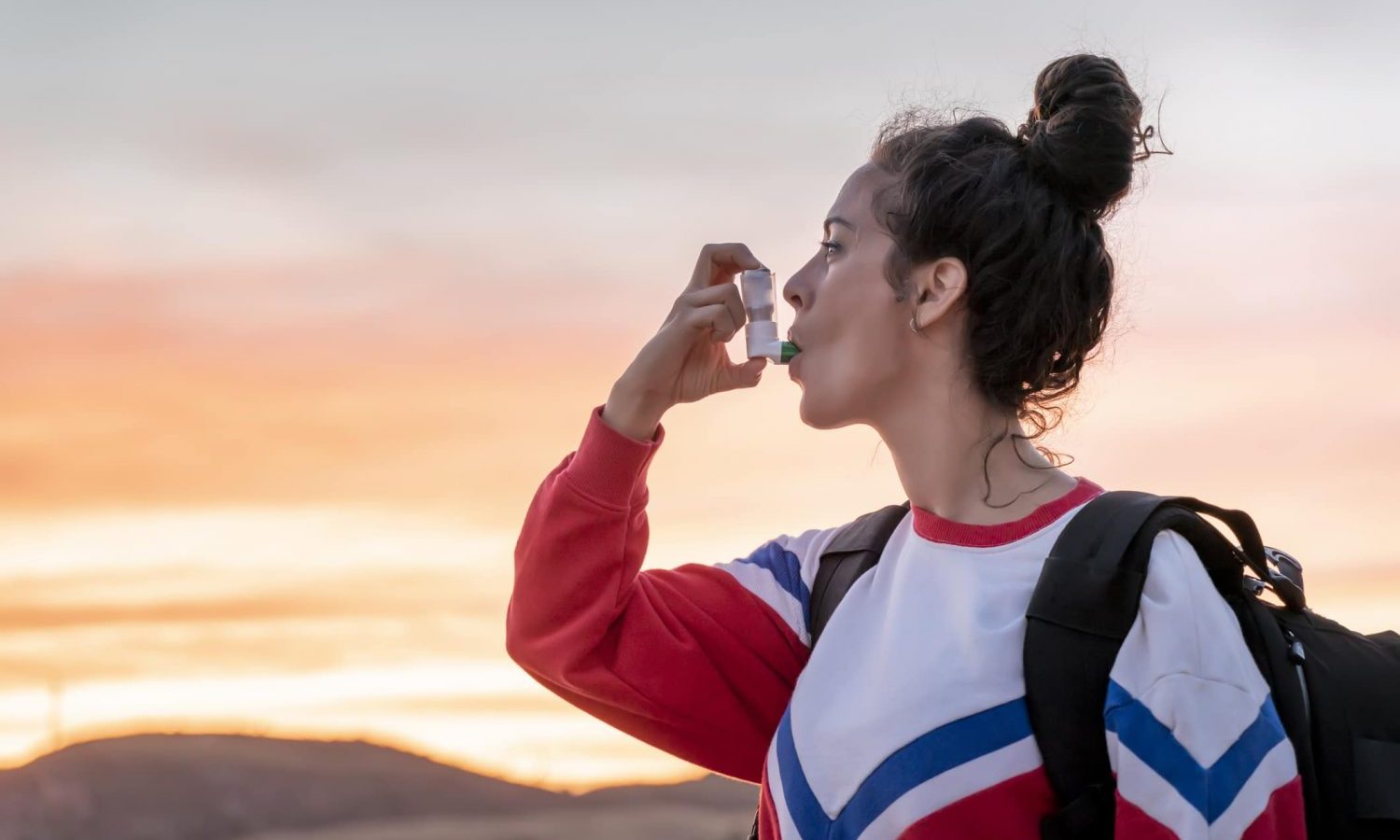CBD companies should refrain from making ANY medical claims about their products, directly or otherwise.
On December 22, the Food and Drug Administration (the “FDA”) issued new warning letters to five companies that illegally sold and marketed unapproved CBD products, which the companies claimed could prevent, diagnose, mitigate, treat or cure various medical conditions.
This latest round of enforcement actions was triggered by specific concerns with the manner in which many of these CBD products were administered, namely through nasal, ophthalmic and inhalation routes.
The five recipients of these warning letters are:
- Bee Delightful, a Texas company, that claimed its “Canna Bees Rescue Blend,” a blend of honey and CBD, has the potential to reduce chronic pain, inflammation, depression and anxiety, to name a few. But what most likely triggered the FDA to target this company were claims that this blend of honey and CBD could help fight “the invisible enemies out there.” The FDA has repeatedly explained that it is focusing on companies selling fraudulent COVID-19 products, which it deems to be major threats to public health.
- G & L Wellness, LLC, a Wisconsin company, that sells and markets eye drops for pets and humans, which it both marketed as a “multi-symptom eye-care solution.”
- New Leaf Pharmaceuticals, LLC, a Connecticut company, that advertised CBD nasal sprays that the FDA described as “especially concerning from a public health perspective” because of their rapid absorption into the blood stream. Moreover, New Leaf Pharmaceuticals made egregious medical claims about its products, including their ability to reduce the risk of artery blockage and combat tumor and cancer cells.
- NextL3vel Service Group, LLC dba This Stuff Is Good For You, a Nevada-based company, that sells and markets CBD pet shampoo, dog treat as well as CBD tinctures, eye drops and vapes for human consumption. Like in the New Leaf Pharmaceuticals warning letter, the FDA took issue with the fact that the company was making claims that target vulnerable populations. In this case, one of NextL3vel Service Group’s social media featured a graphic showing a young child next to the message “CBD FOR CHILDREN ADD/ADHD.”
- Wellness Biosciences Rx, another Texas company, that sells a CBD inhaler and CBD topicals. The FDA took particular issue with the metered inhaler “because the ingredients and potential impurities in oral inhalation sprays may trigger laryngospasm and bronchospasm and may be toxic to the tissues in the upper or lower airways.”
This latest round of warning letters was issued less than a week after the Federal Trade Commission (the “FTC”) imposed monetary sanctions on six CBD companies for making similar misleading health claims. However, unlike the FTC warning letters, the FDA letters did not impose fines; instead, they demanded that the companies address the violations with written correction plans within 15 business days.

In the agency’s press announcement, Dr. Amy Abernethy, FDA Principal Deputy Commissioner, declared that the FDA will continue to issue warning letters until the agency changes its policy and that the FDA “remain[s] focused on exploring potential pathways for CBD products to be lawfully marketed while also educating the public about these outstanding questions of CBD’s safety.” In addition, Dr. Abernethy explained that the FDA “will continue to monitor and take action, as needed, against companies that unlawfully market their products — prioritizing those that pose the greatest risk of harm to the public.”
RELATED: Congress Takes Issue With The (Awful) DEA Hemp Rule
This latest round of warning letters should come as no surprise as they squarely align with the enforcement actions taken by the FDA for the past two years (read more on this issue here and here). However, these letters should remind CBD companies that making unlawful medical claims is risky because they may lead to further and more significant headaches, including litigation and major fines and penalties.
RELATED: New York’s Proposed Hemp Products Rules: A Model For The Industry
In addition, FDA warning letters may result in state law consumer protection claims based on prohibiting unfair and deceptive trade practices, claims under the Lanham Act for false and misleading advertising, consumer and shareholder actions relating to CBD (think of Curaleaf Inc. and CannaRegs) and even personal injury claims.
So, as we have repeatedly explained on this blog, CBD companies should refrain from making ANY medical claims about their products, directly or otherwise. This is the ONLY way to shield themselves from enforcement actions and other legal headaches.
is an attorney at Harris Bricken. This article was originally published on the Canna Law Blog and is reposted with permission.


